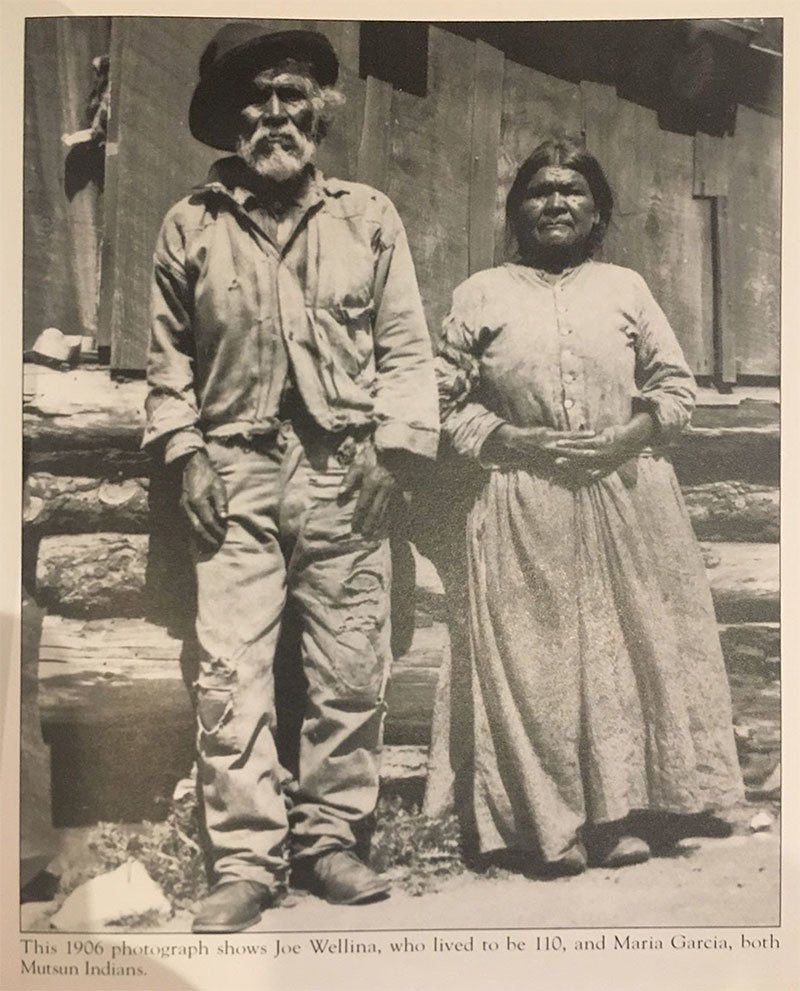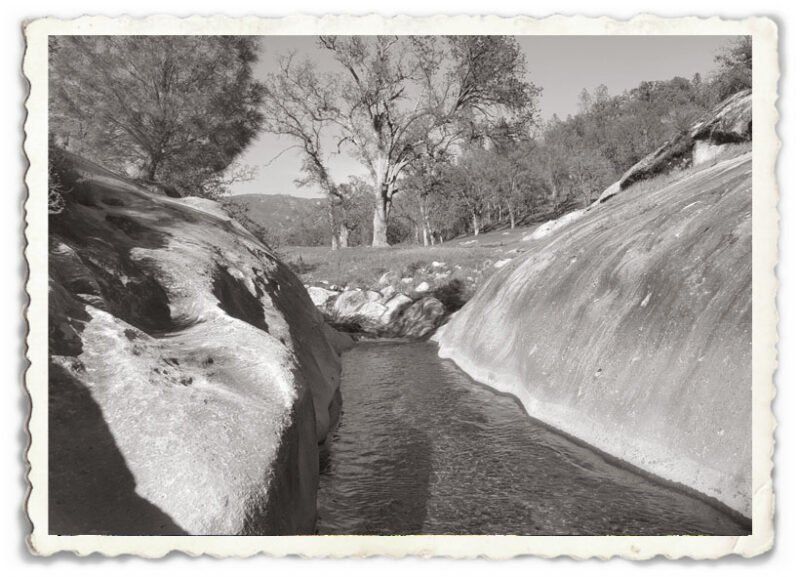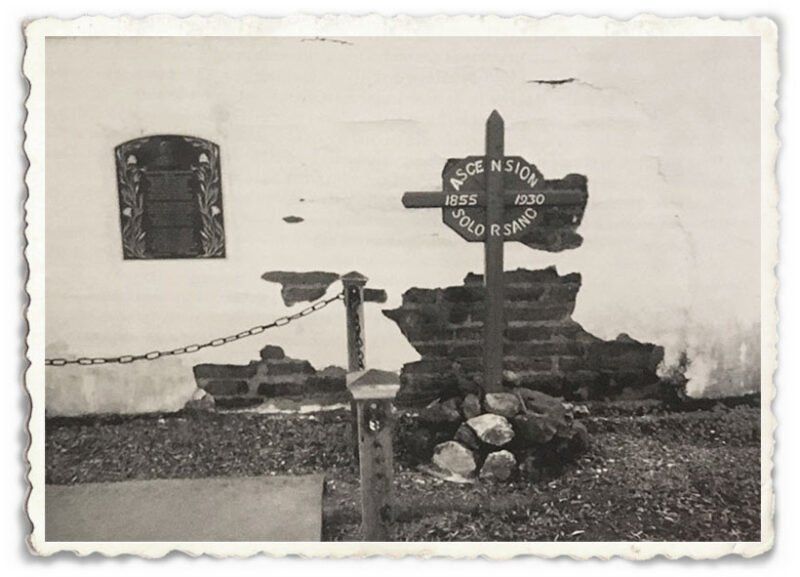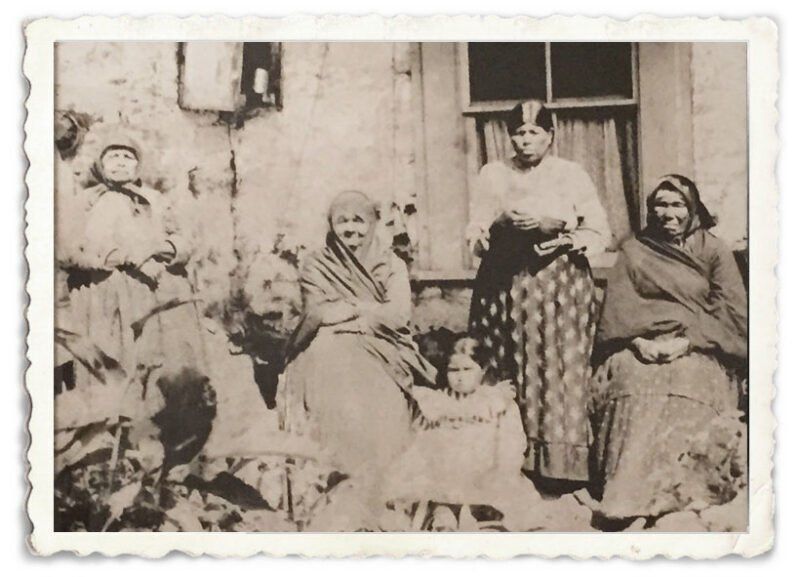Our History

The indigenous Mutsun people inhabited California’s Central Coast for over 6,000 years. Our homelands extended from South San Francisco to the Santa Lucia Mountains and the Big Sur coast, they thrived in the areas now known as Monterey, Santa Cruz, and San Benito Counties. Our ancestors believed the founder of our ancient tribe was descended from the gods. He taught our people how to live on the earth, how to heal sickness, prepare food, build homes and to assuage the gods.
Living in harmony with the earth, the air was clean, water clear, and food abundant. We called this region the Gardens of Popeloutchom, which means “Paradise“.
When the settlers came to California, they relocated all the indigenous of the region into Missions and renamed them the San Juans. The Mexican Government then distributed all the land to their soldiers in massive land grants called “Rancho’s”. Since then, the Mutsun have had no land to call their home. By the 1850’s, it was concluded that the Mutsun people were extinct.

Mutsun Native American Sacred Lands

The Grave of Ascención Solórsano at the San Juan Bautista Mission
In came then, in 1920, John P. Harrington, leading ethnologist of the Smithsonian Institution, was welcomed into the home of Ascención Solórsano, the last full-blood member and fluent speaker of the Mutsun tribe. She shared her testimony of what life was like living in the Gardens of Popeloutchom. He recorded a final testament of the language, tradition, and culture of the Mutsun people.
In 1930, Ascención Solórsano passed away and was buried at Mission San Juan Bautista.
Today, we are honoring our ancestors and reviving the tradition and voice of the Mustun.
We are dedicated to restoring Popeloutchom on our sacred lands.

Family of Ascención Solórsano de Cervantes
phone:
831.920.8165 email: mutsuntribalfoundation@gmail.com Mutsun Tribal Foundation is a 501(c)3 Non-Profit EIN 84-4059425
Mutsun Tribal Foundation
